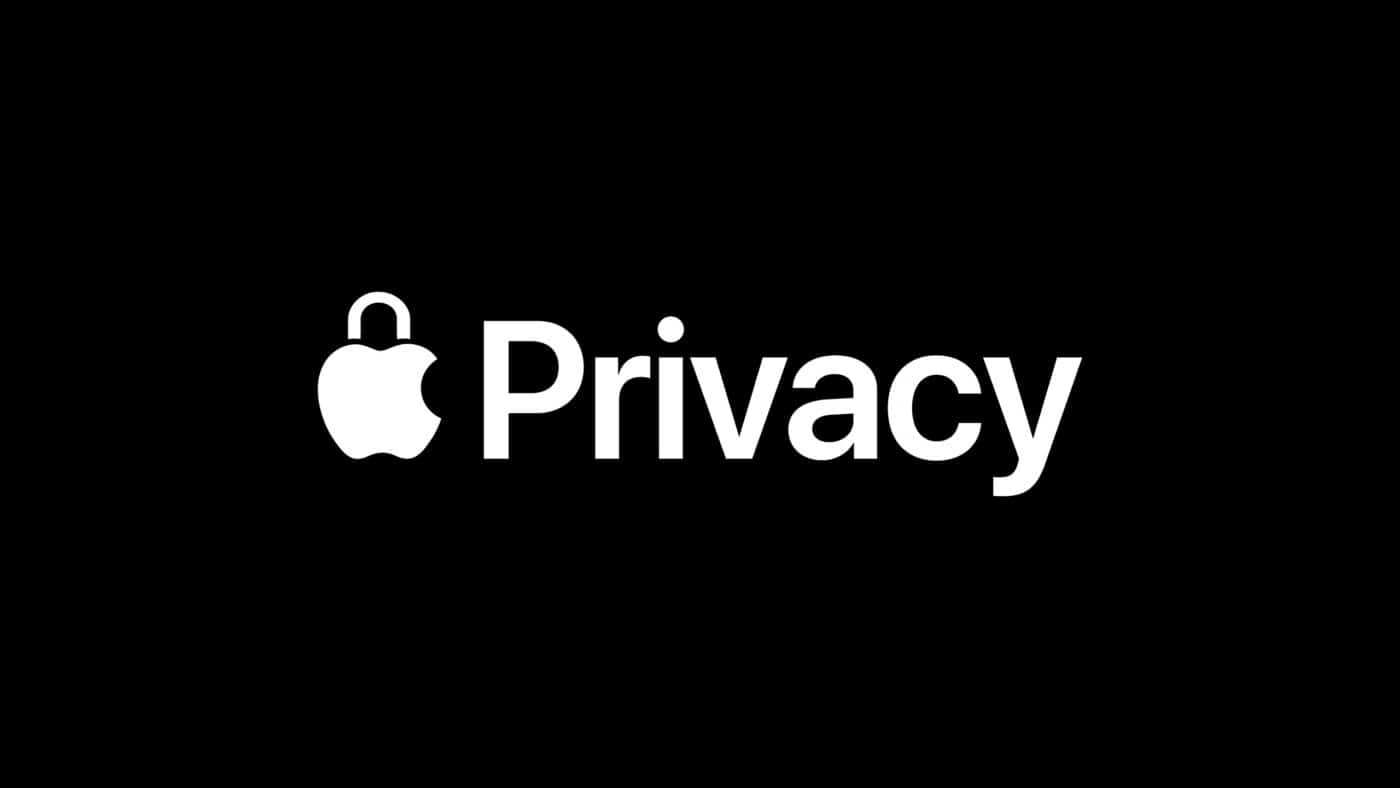
With macOS Monterey, Apple’s iCloud+ adds some new features such as iCloud Private Relay. It’s a privacy-focused feature similar to using a VPN (more on the technical details below) that is designed to shield your internet traffic from ad trackers, your ISP, and even hackers.
About Private Relay
You should note that, as I wrote this, Private Relays was still in beta stage (as indicated by the screen shots). It’s possible that some websites may have issues, like showing content for the wrong region or requiring extra steps to sign in.
To use iCloud Private Relay, you’ll have to subscribe to one of Apple’s iCloud plans. All paid iCloud plans are eligible, as are shared family iCloud plans or ones purchased through a shared Apple One subscription. iCloud pricing ranges from $2.99/month for the 50GB plan to $9.99/month for 2TB family plans.
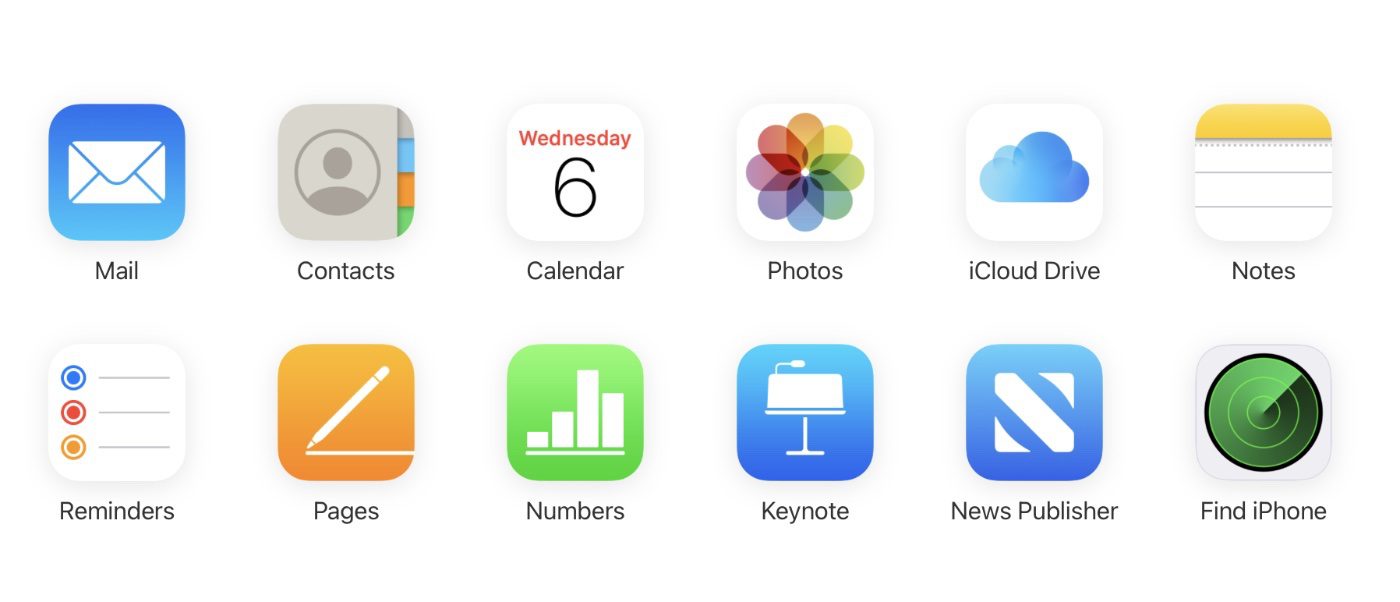
How to enable iCloud Private Relay
To enable iCloud Private Relay on a Mac, go to System Preferences > Apple ID > iCloud.
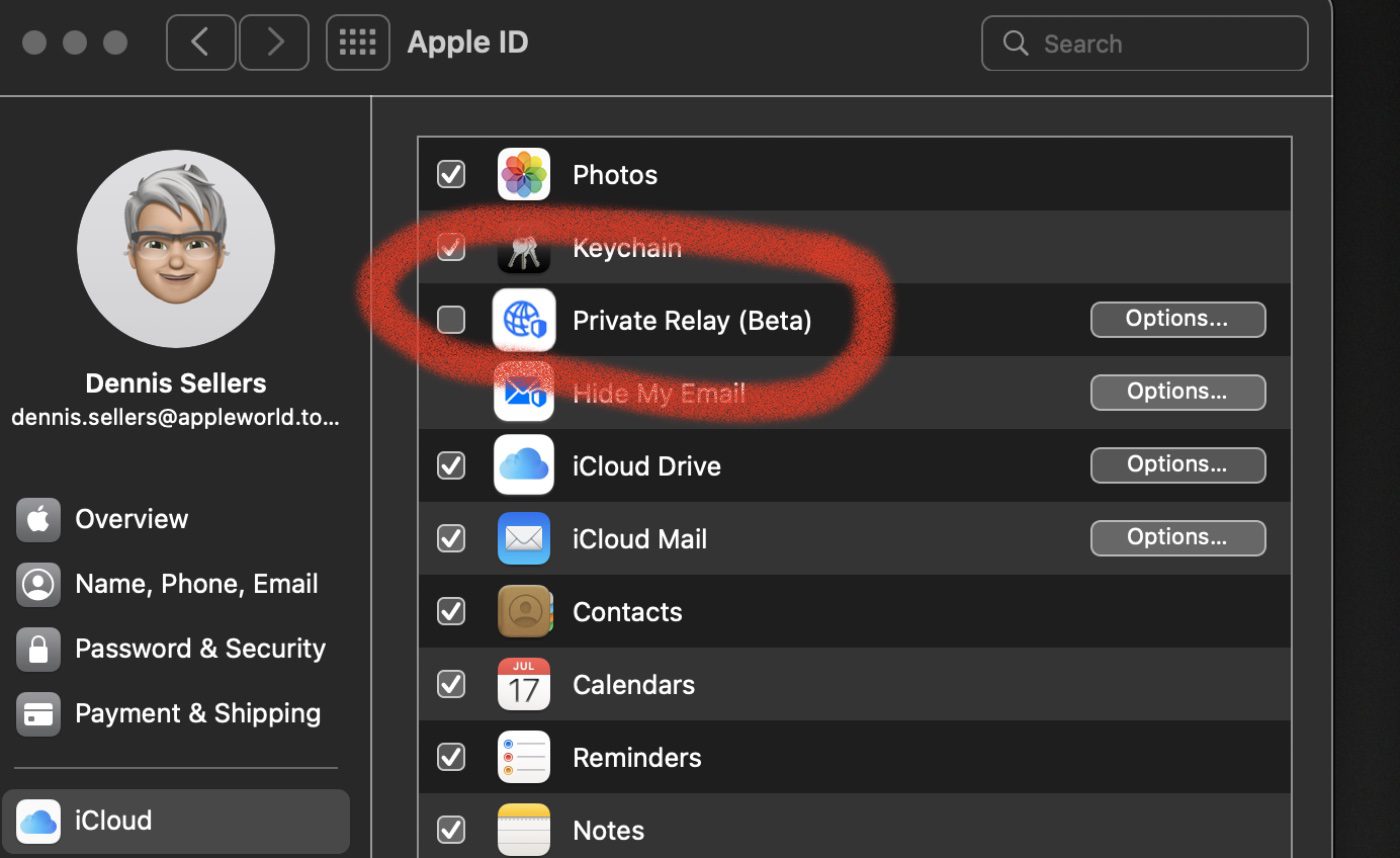
Check the Private Relay box. You’ll be able to turn the feature on or off. You’ll be able to choose your IP address location.
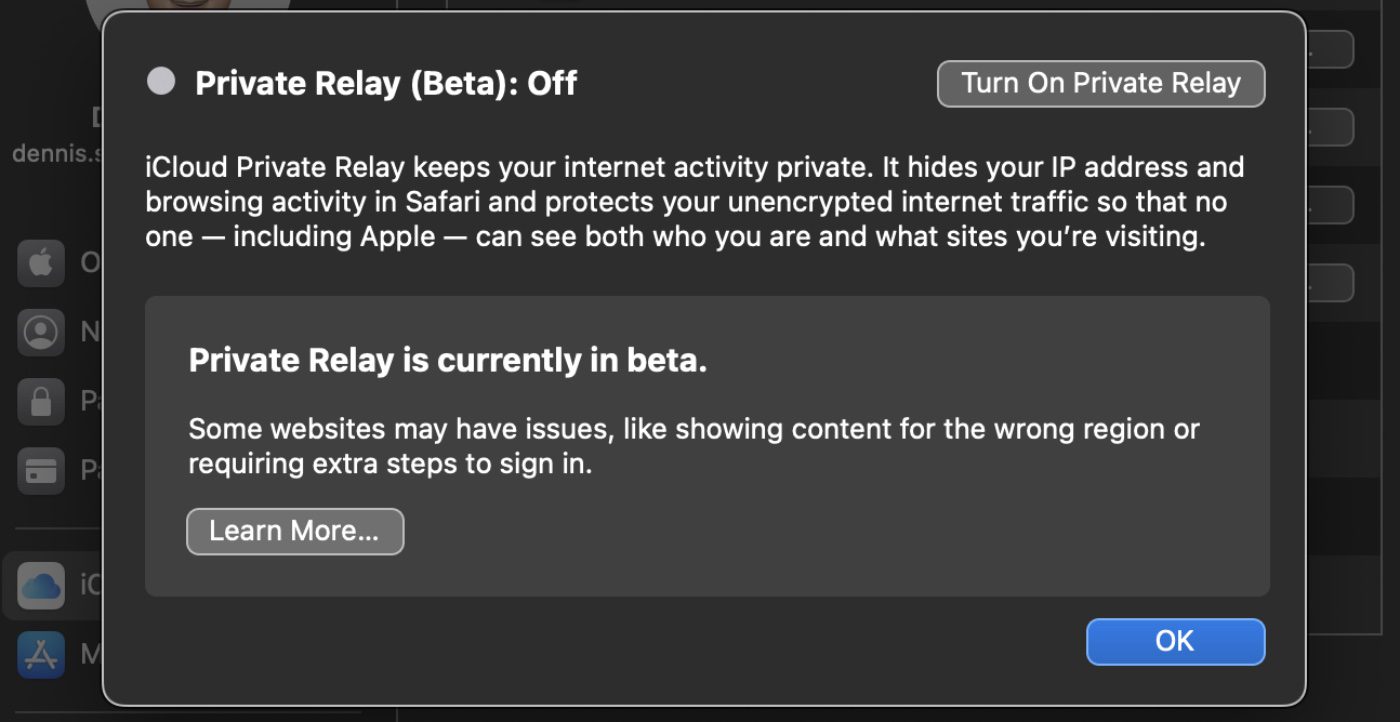
There are two choices. You can use your “general IP address” so that websites can still give you approximate location data. Or you can choose a broader IP address somewhere in your country and time zone.
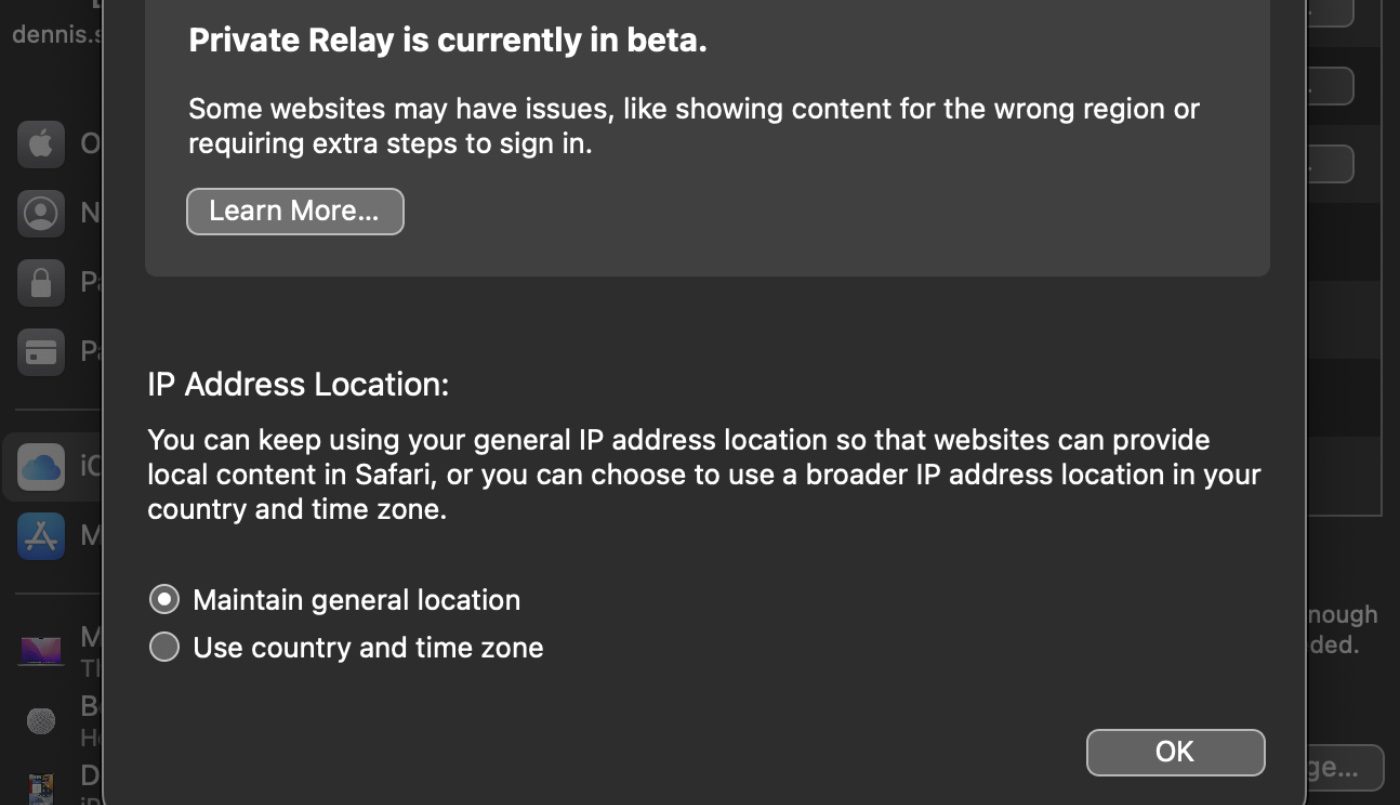
If you’re interested in the technical aspects of the service, here’s how Intego’s “Mac Security Blog” (https://www.intego.com/mac-security-blog/how-to-switch-search-engines-mac-osx-ios/) explains it:
“iCloud Private Relay hides your IP address, which can be used to fingerprint your device and create a profile of you and your activity. It does this by using two proxies – internet servers that translate your IP address – and neither of these proxies knows both your IP address and the site your device is accessing.
“Apple runs the first proxy, which assigns an anonymous IP address to your device, which indicates your region, but not your precise location. This proxy passes your request onto the second proxy, run by content providers, such as Akamai, Fastly, and Cloudflare. The second proxy decrypts the web address you want to access, sends the request to the site, then sends data back through the first proxy to you. Neither Apple nor the second proxy have all the information about your IP address and the site you’re accessing, protecting your privacy.”
By the way, Private Relay only works with Safari. Also, it’s not yet available in China, Belarus, Colombia, Egypt, Kazakhstan, Saudi Arabia, South Africa, Turkmenistan, Uganda, and the Philippines,
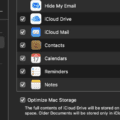

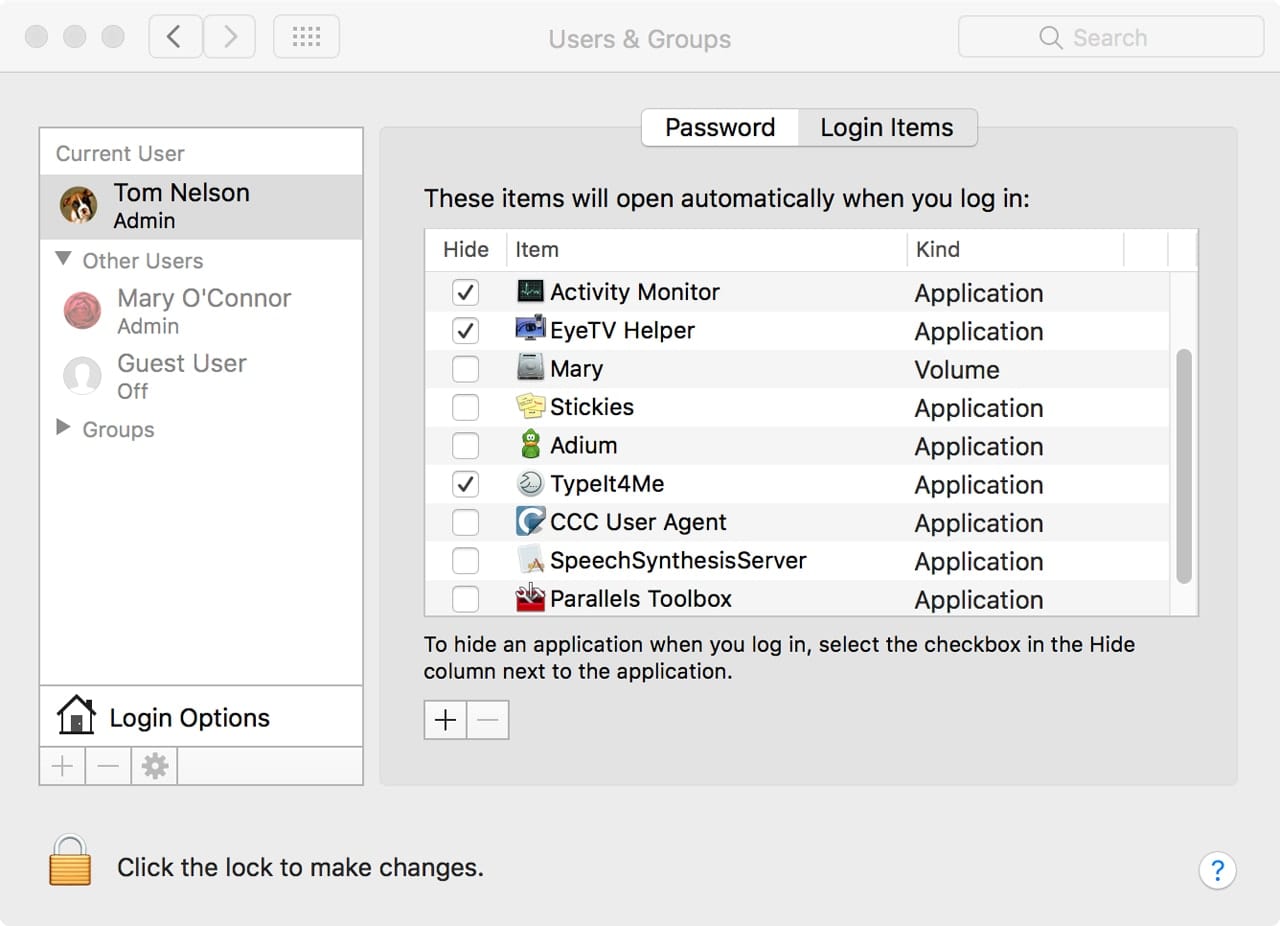

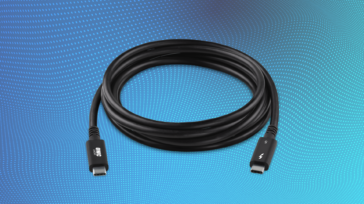
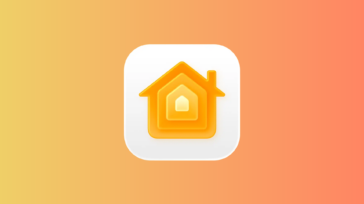




The restrictions (only works with Safari, apparently not available on iOS) are too much.